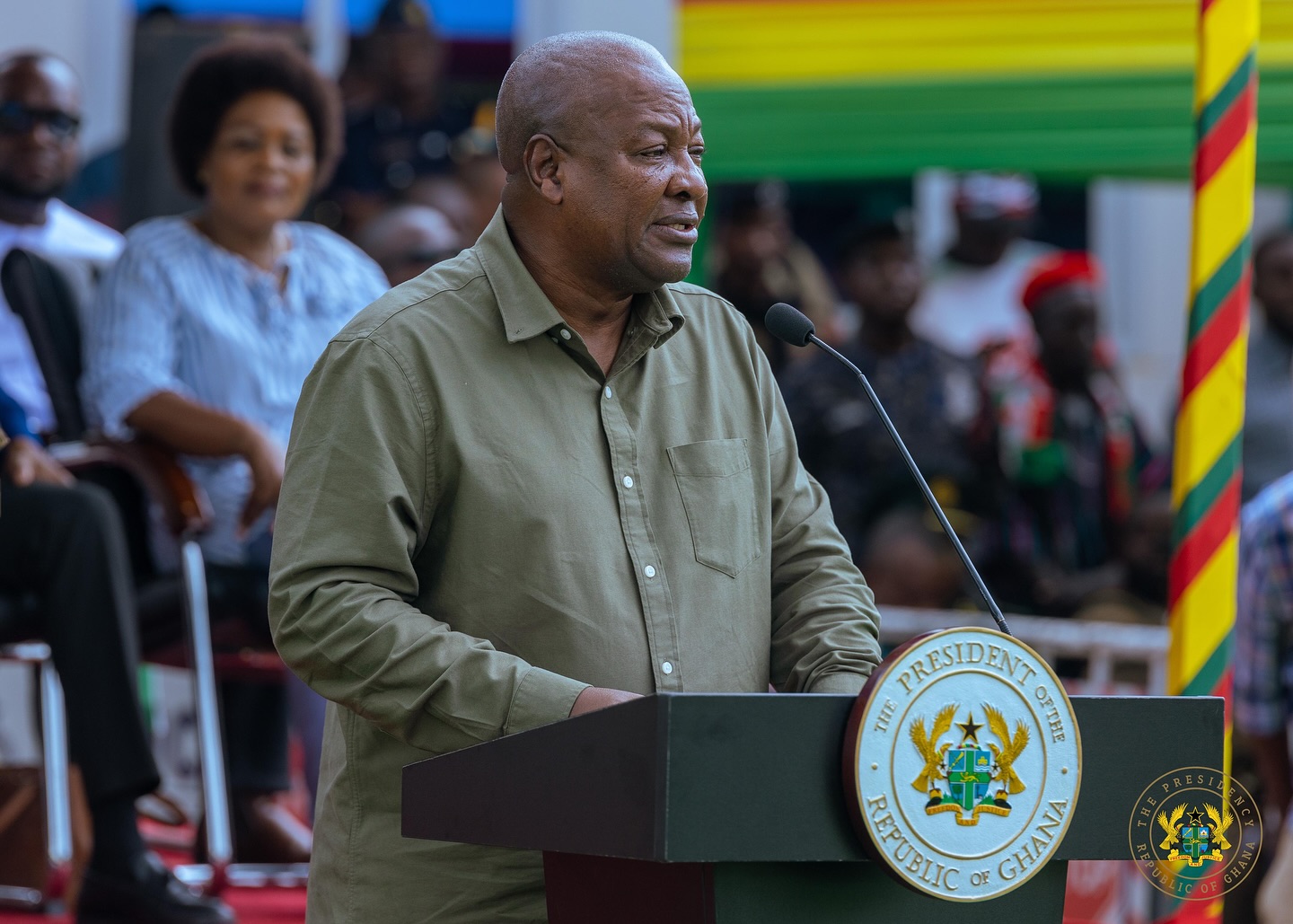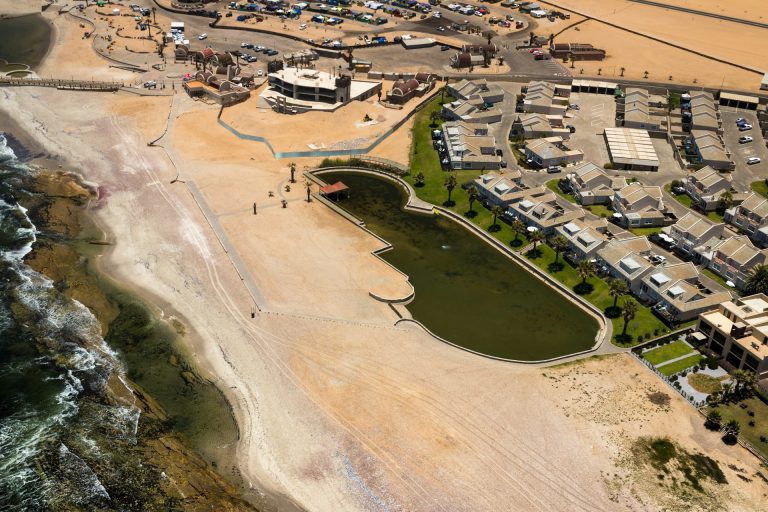- Ghana abolishes foreign investor capital requirement to attract more FDI
- Economists say reform could restore Ghana’s position as West Africa’s top investment destination
ACCRA, GHANA – Ghana’s decision to abolish its minimum capital requirement for foreign investors could transform the country’s investment landscape, economists say, with the potential to boost inflows.
Dr Daniel Amateye Anim, a Ghanaian economist, described the reform as a “game-changer,” arguing it could reignite foreign direct investment while strengthening local entrepreneurship.
“Ghana once led its peers in West Africa in terms of ease of doing business and investor attractiveness,” he told Allen Dreyfus.
“This latest policy shift is likely to push us back into the lead position, especially as global investors look for stable and open economies on the continent.”
Policy shift and investor impact
President John Mahama announced the reform Wednesday at an investment forum in Japan, saying the new Ghana Investment Promotion Centre Act will remove equity thresholds that previously limited smaller-scale investors.
“In the reviewed Ghana Investment Promotion Centre Act, we’re removing those minimum capital investments,” Mahama told participants. “This will enable any investor, however little money you have – $100,000, $50,000 – to be able to come in and set up a business in Ghana.”
Foreign-owned firms had faced minimum equity requirements, with steeper thresholds for wholly foreign-owned businesses and trading operations.
While analysts expect the change to make Ghana more competitive with Côte d’Ivoire and Nigeria, Dr Anim urged authorities to pair reforms with stronger support for domestic firms.
“Opening the doors to investors is important, but equally critical is ensuring that Ghanaian entrepreneurs are empowered to compete and collaborate,” he said.
Regional and global positioning
By lowering entry barriers, Ghana aims to capture a larger share of investment flows into the subregion, spurring job creation and growth.
The announcement also underscores Ghana’s deepening trade ties with Japan, which has invested more than $152 million in the West African economy in recent decades.
For Dr Anim, the policy shift is about more than foreign inflows.
“It’s about positioning Ghana as the gateway to West Africa once again, where both foreign and local businesses can grow together,” he said.











